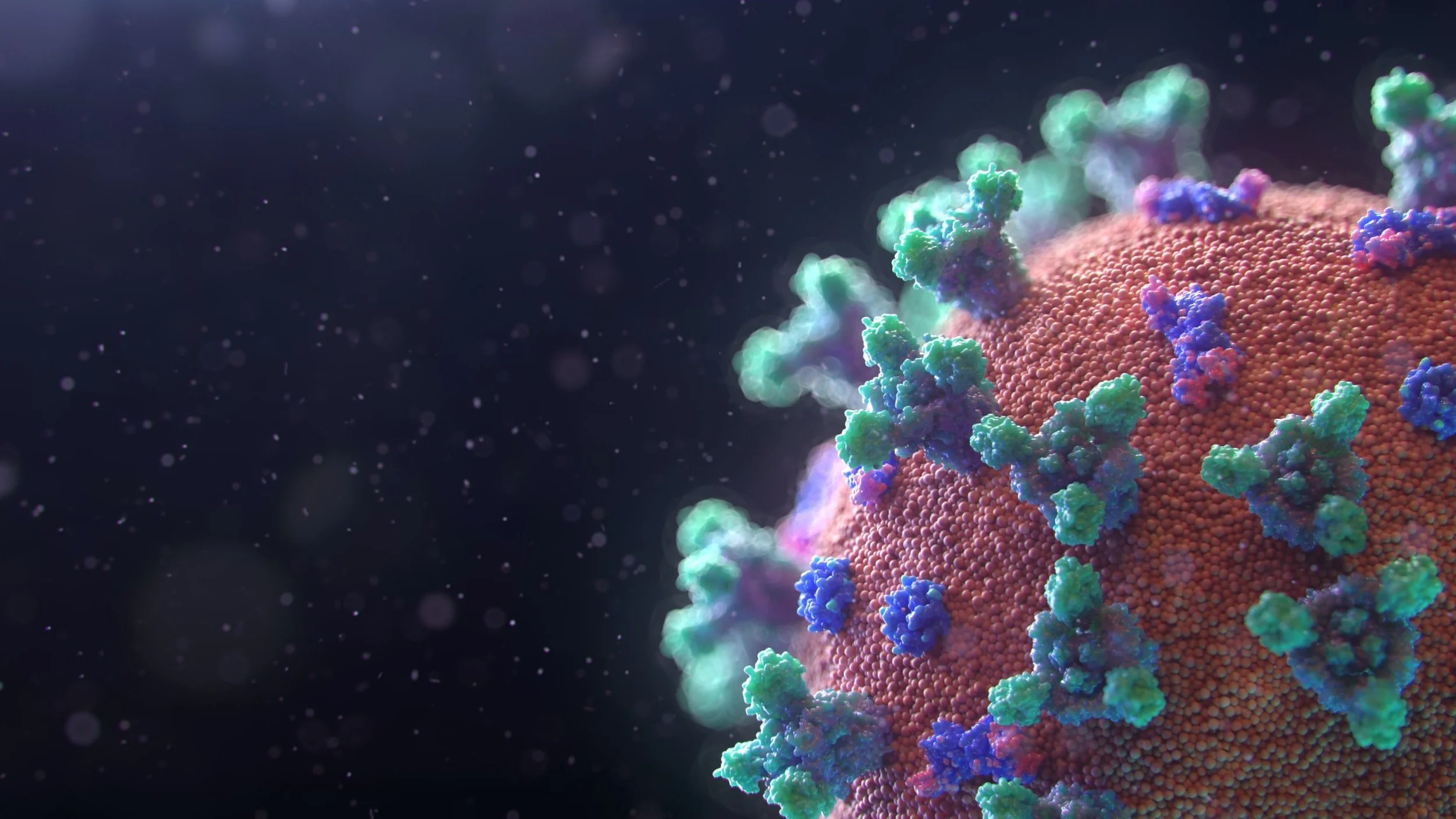
COVID-19
For the latest campus updates, most common FAQ’s, and links to Community Resources.
> CORONAVIRUS
As of Jun 1, 2022, NCTC will transition the campus pandemic safety protocols back to Normal Operations. This change adheres to evolving guidelines produced by the CDC and state mandates. With this transition, we look forward to the return of pre-pandemic operational norms in class formats, student life, and other college traditions. At this time all COVID protocols have been lifted. You no longer need to inform the Office of Emergency Management if you are presenting symptoms, or tested positive for COVID. NCTC strongly encourages you to remain vigilant of signs and symptoms of COVID, and to keep with the practice of “If You’re Sick, Stay Home”.
General Information About COVID-19
What is COVID-19?
This video (above) helps educate the public on ways to stay healthy during this pandemic and explains:
What COVID-19 is and how it spreads
What to do if they are feeling sick or are worried about exposure
How to stay healthy and stop the spread
What are the symptoms of this virus?
People with COVID-19 have had a wide range of symptoms reported – ranging from mild symptoms to severe illness.
Symptoms may appear 2-14 days after exposure to the virus. People with these symptoms may have COVID-19:
Fever or chills
Cough
Shortness of breath or difficulty breathing
Fatigue
Muscle or body aches
Headache
New loss of taste or smell
Sore throat
Congestion or runny nose
Nausea or vomiting
Diarrhea
This list does not include all possible symptoms. CDC will continue to update this list as they learn more about COVID-19. Anyone can have mild to severe symptoms.
Older adults and people who have severe underlying medical conditions like heart or lung disease or diabetes seem to be at higher risk for developing more serious complications from COVID-19 illness.
When should I Seek Emergency Medical Attention?
Look for emergency warning signs* for COVID-19. If someone is showing any of these signs, seek emergency medical care immediately
Trouble breathing
Persistent pain or pressure in the chest
New confusion
Inability to wake or stay awake
Bluish lips or face
*This list is not all possible symptoms. Please call your medical provider for any other symptoms that are severe or concerning to you.
Call 911 or call ahead to your local emergency facility: Notify the operator that you are seeking care for someone who has or may have COVID-19.
Information for NCTC
-
Students
Find information and resources about online classes, health services, and more.
-
Faculty & Staff
Get information and resources about campus changes and self-assessment.
-
En Español
Obtenga esta información en español.
Announcements from the Chancellor
Dr. G. Brent Wallace, Ph.D., the Chancellor at NCTC, will periodically give updates on state mandates and new information affecting operations at the college. Please check back often to stay informed.


